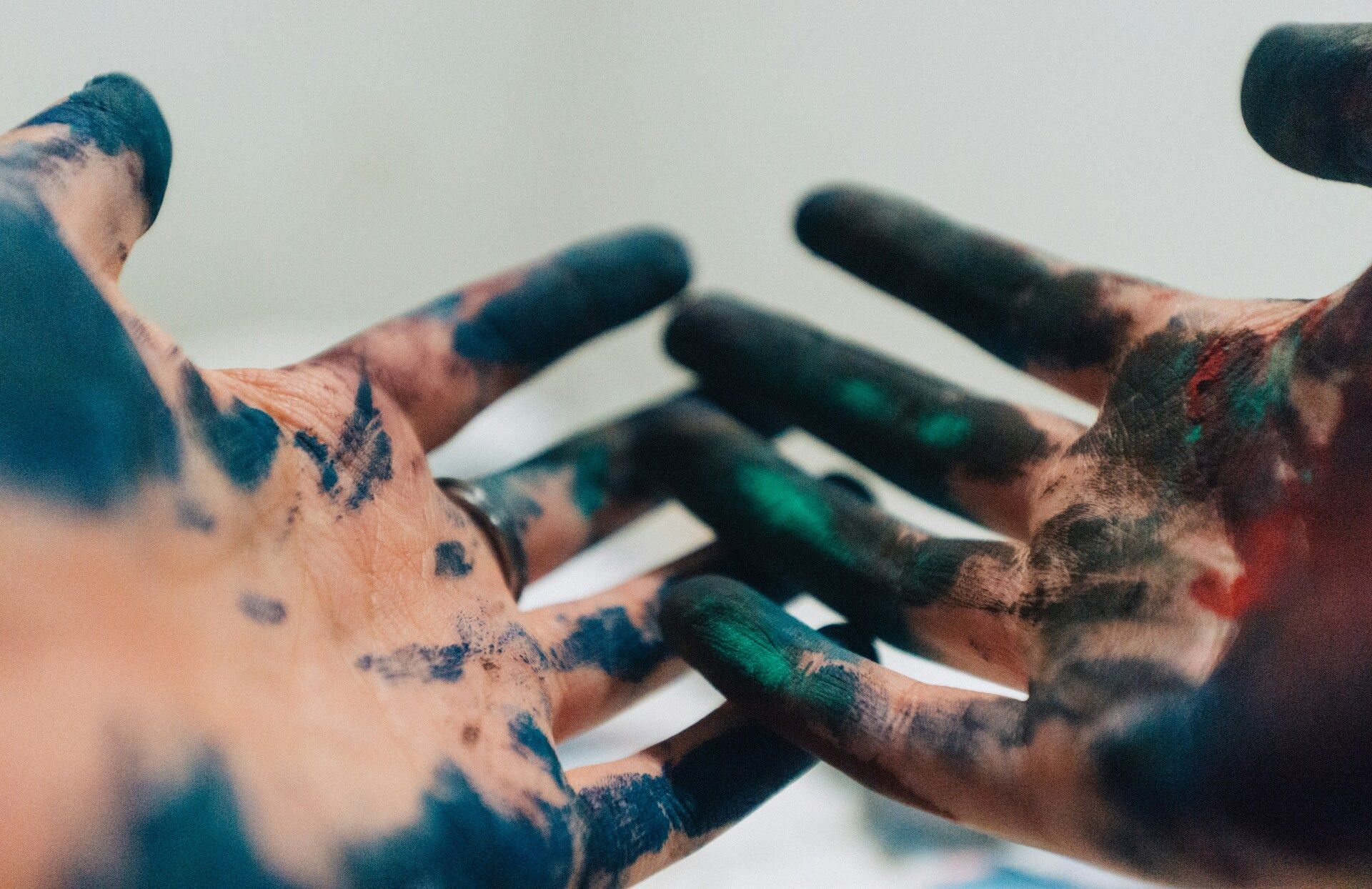Hi, this is Ray.
When I was a kid, my favorite way to study was to copy notes word for word from the textbook. It felt productive. I filled entire notebooks.
Then I took the test.
And forgot almost everything.
That’s when I learned something that would’ve saved me years of bad studying: you don’t learn by consuming. You learn by creating.
This phenomenon has a name, the generation effect, and it’s one of the most powerful, underrated tools in learning science.
What Is the Generation Effect?
The generation effect says that people remember information better when they actively generate it rather than passively read or listen to it.
A study from Washington University in St. Louis found that learners who came up with their own examples or explanations retained 30 to 50 percent more than those who simply reviewed material.
Your brain builds stronger connections when it creates information instead of just receiving it.
Think of it like exercise: consuming knowledge is like watching someone else work out. Generating knowledge is doing the push-ups yourself.
The Neuroscience of Creation
When you generate ideas, you activate more areas of the brain, including the prefrontal cortex for reasoning, the hippocampus for memory, and the motor cortex for physical involvement like writing.
A study from the University of California, Berkeley showed that self-generated learning engages the same neural networks used for problem-solving and creativity, leading to deeper encoding and stronger recall.
Your brain literally learns better when it builds the information itself.
Why Consuming Feels Good but Doesn’t Work
Watching tutorials, reading books, or listening to podcasts gives the illusion of learning because it feels effortless.
A study from Purdue University found that students who spent time testing themselves, a generative task, remembered far more than those who reread notes or textbooks.
Passive review feels comfortable because you recognize material you’ve already seen. But recognition isn’t recall.
If it feels easy, it’s not sticking.
The best HR advice comes from people who’ve been in the trenches.
That’s what this newsletter delivers.
I Hate it Here is your insider’s guide to surviving and thriving in HR, from someone who’s been there. It’s not about theory or buzzwords — it’s about practical, real-world advice for navigating everything from tricky managers to messy policies.
Every newsletter is written by Hebba Youssef — a Chief People Officer who’s seen it all and is here to share what actually works (and what doesn’t). We’re talking real talk, real strategies, and real support — all with a side of humor to keep you sane.
Because HR shouldn’t feel like a thankless job. And you shouldn’t feel alone in it.
How to Apply the Generation Effect
The beauty of this principle is that you can use it in almost any learning situation. Here’s how.
1. Teach It Back
After studying, explain the topic as if you were teaching it to a friend or even to your cat.
A study from Harvard University found that learners who prepared to teach performed 30 percent better on comprehension tests.
Teaching forces you to generate, not just repeat.
2. Summarize in Your Own Words
Instead of copying text, rewrite it from memory.
A study from the University of Illinois found that summarizing concepts activates higher-order thinking and improves long-term recall.
If you can explain it simply, you understand it deeply.
3. Create Examples
Come up with your own analogies or scenarios.
A study from the University of Toronto found that self-generated examples increase engagement and make new ideas easier to retrieve later.
Personal examples make abstract concepts concrete.
4. Use Retrieval Practice
Test yourself without notes. Write questions, fill in blanks, or recall key points from memory.
A study from UCLA showed that active recall strengthens neural pathways more effectively than repetition.
Recall isn’t review. It’s reinforcement.
5. Build Something With What You Learn
Apply knowledge in real life by writing a post, building a project, or recording a short video.
A study from MIT found that learners who created something tangible demonstrated higher conceptual understanding and motivation.
Learning sticks when you make it real.
My Experiment: The 5-Minute Creation Rule
A few years ago, I set a new rule for myself: after consuming any piece of information, I had to create something from it within five minutes.
Sometimes it was a one-sentence summary. Other times it was a tweet, a doodle, or a short voice note explaining the idea.
It didn’t matter what form it took. The act of creation made the idea mine.
That one habit completely changed how I learned. My retention skyrocketed, and I started connecting ideas from different fields, something that never happened when I just consumed.
The Psychology of Ownership
Creating doesn’t just help you remember. It builds ownership.
A study from Yale University found that when people produce their own version of something, they value and remember it more, a phenomenon known as the IKEA Effect.
The harder you work to build knowledge, the more meaning it holds.
That’s why writing your own notes or crafting your own examples feels more satisfying than copying someone else’s. You’re literally constructing understanding from the ground up.
The Bigger Lesson: Be the Maker, Not the Mirror
You don’t have to be a teacher or an artist to apply the generation effect. You just have to stop letting information flow one way.
Don’t only read. Rewrite.
Don’t only listen. Explain.
Don’t only watch. Apply.
Because the brain isn’t built to store information like a hard drive. It’s built to build information through action.
So the next time you learn something, don’t just consume it. Create something small.
Even if it’s messy, imperfect, or weird, it’ll stick.
Stay curious,
Ray



